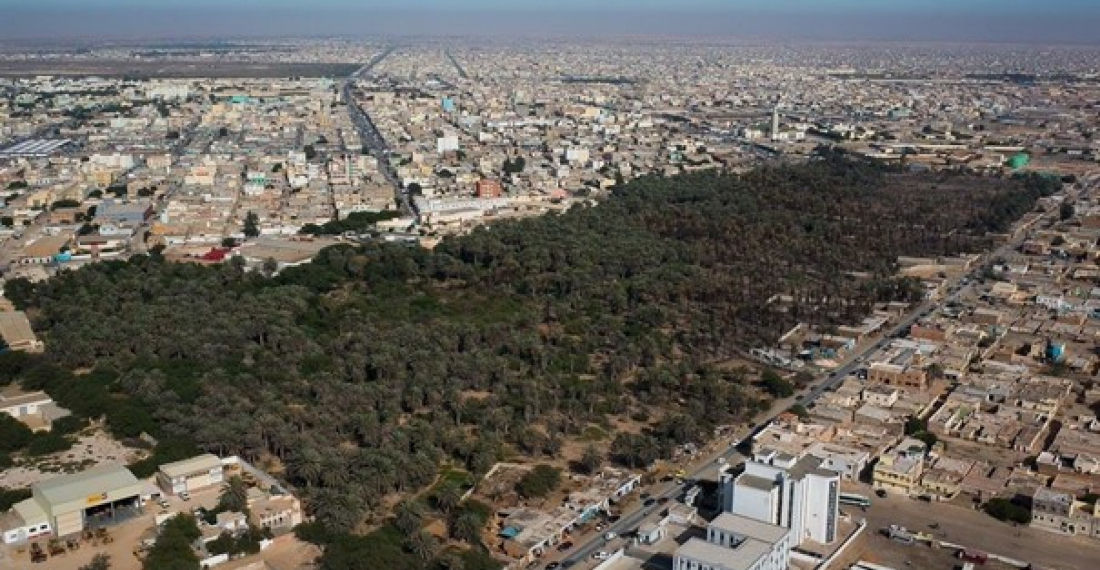The disappearance of several Mauritanian livestock breeders in Malian territory is causing renewed tensions between the two neighbouring Sahel countries.
Reported missing for three days, local sources claim that they were killed by Malian soldiers, but these accusations have not been confirmed.
Mauritanian Foreign Minister Ismaïl Ould Cheikh Ahmed issued a statement on Tuesday afternoon (8 March) accusing the Malian army of "recurrent crimes against its nationals".
These are forceful words considering the current context between the neighbouring countries. While the Malian authorities have moved closer to Nouakchott after the embargo imposed by ECOWAS - the Economic Community of West African States - Mr Ould Cheikh Ahmed stated in his declaration that the lives of his fellow citizens would remain above all other considerations.
After the Mauritanian Interior Ministry had already expressed concern about the disappearances on Monday evening, the secretary general of the Foreign Ministry spoke the next day with the Malian ambassador and complained about the lack of coordination between the two parties: "We call your authorities in Bamako, and they don't even pick up the phone," according to a diplomatic source relayed by RFI news.
Several dozen people also demonstrated yesterday afternoon in front of the Mauritanian Ministry of the Interior where signs could be seen condemning "the Malian army's aggressions", in the border area south of Adel Bagrou, in the east of Mali.
A feeling of insecurity seems to be mounting among Mauritanians due to the recurrence of this type of security incident. This is the third security incident involving Mauritanian nationals in two months.
In mid-January, the bodies of seven Mauritanian herders were found near the town of Nara in Mali, and on Saturday (5 March), two Mauritanian merchants were shot and injured on their way back to Abel Bagrou.
Although an investigation was opened over the January case, nothing from the investigation was made public because the Malian authorities deemed that there was no basis to incriminate their armed forces.
This worrying news adds to tensions between Mauritania and Mali. However the increasingly isolated Bamako, which demanded the departure of French and European troops from Malian soil last month, has no interest in quarrelling with its Mauritanian neighbour, a privileged economic partner since the West African bloc's sanctions, notably with regard to Malian cotton exports.






